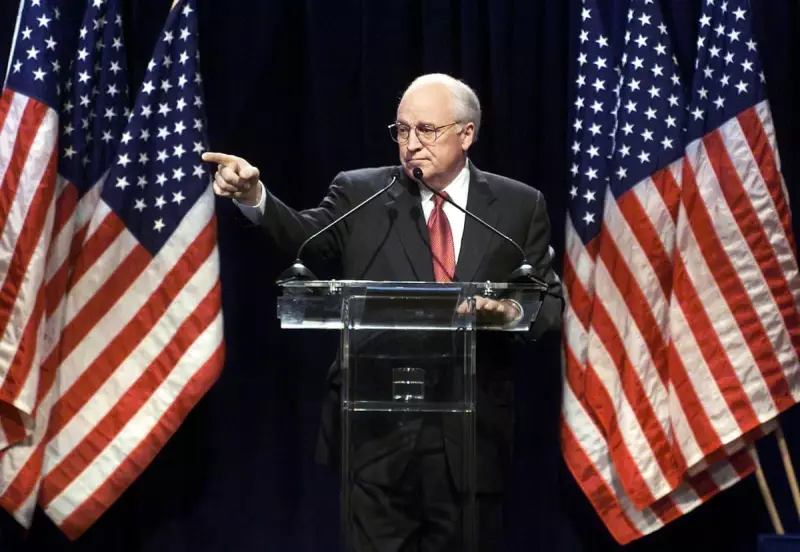
The death of Dick Cheney, who served as America's 46th vice president under George W. Bush, closes a contentious chapter in modern political history. At 83, Cheney leaves behind a legacy that continues to polarise observers across the political spectrum.
The Unprecedented Power of a Vice President
Historians and political analysts largely agree that Cheney transformed the traditionally ceremonial role of vice president into one of unprecedented influence. His eight years in office saw him become the chief architect of America's response to the September 11th attacks, championing policies that would define the Bush administration's approach to national security.
Key aspects of Cheney's influential tenure included:
- Advocating for enhanced surveillance powers through the Patriot Act
- Pushing for the 2003 invasion of Iraq based on weapons of mass destruction claims
- Defending controversial interrogation techniques critics labelled as torture
- Expanding executive authority in ways that sparked constitutional debates
A Career Forged in Washington's Corridors of Power
Cheney's path to the vice presidency was paved through decades of Washington experience. Before becoming vice president, he had already served as:
- White House chief of staff under Gerald Ford
- Congressional representative from Wyoming
- Secretary of defense during the Gulf War under George H.W. Bush
- CEO of Halliburton, the multinational corporation
The Enduring Controversies
Cheney never apologised for his most contentious decisions, maintaining until his final years that his actions were necessary to protect American lives. The 2008 financial crisis saw him advocate for massive government intervention to rescue the banking system—a position that surprised many conservative allies.
"His legacy is a study in contrasts," noted one political historian. "To supporters, he was a principled defender of national security. To critics, he represented the dangers of unchecked executive power."
A Family Political Dynasty
Cheney's influence extended beyond his own career. His daughter, Liz Cheney, followed him into politics, serving in Congress and becoming a prominent Republican critic of Donald Trump—a position that highlighted the evolving fractures within the party her father helped shape.
The debate over Dick Cheney's impact on American democracy and global affairs ensures his place in history remains as complex and divisive in death as it was during his influential political life.





